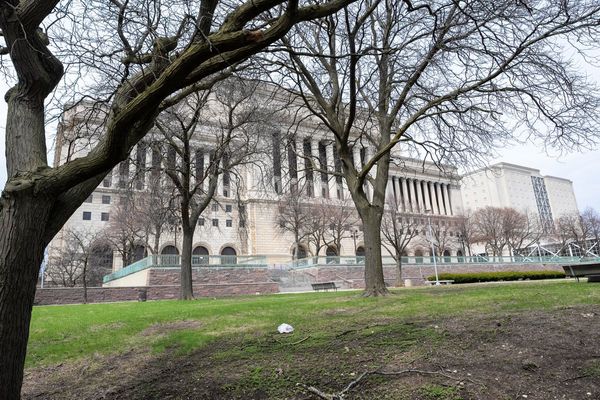
The Supreme Court has given Texas the green light to immediately enforce a contentious immigration law that permits state officials to arrest and detain individuals suspected of entering the country illegally. This decision, with dissent from the court's three liberals, comes amidst ongoing legal challenges at a federal appeals court.
Senate Bill 4, signed into law by Texas Governor Greg Abbott in December, has sparked concerns among immigration advocates regarding potential racial profiling and increased detentions and deportations by state authorities. Latinos, who make up 40% of the state's population, are particularly affected by this law.
Justice Amy Coney Barrett, in a concurring opinion with Justice Brett Kavanaugh, explained that the appeals court's temporary administrative order was the basis for the Supreme Court's decision. Barrett emphasized that the court typically does not review such administrative stays, as they are meant to be short-lived precursors to a ruling on a stay pending appeal.



However, liberal Justice Sonia Sotomayor expressed dissent, warning that the order could lead to chaos and crisis in immigration enforcement. Sotomayor argued that the law disrupts the longstanding federal-state balance of power by granting Texas the authority to impose criminal liability on noncitizens and mandate their removal to Mexico.
She further stated that the law could have far-reaching consequences, including impacting foreign relations, hindering federal enforcement efforts, and deterring noncitizens from reporting abuse or trafficking.
While the Supreme Court's decision is a temporary victory for Texas in its immigration battle with the Biden administration, the legal challenges surrounding the law are ongoing. The court's ruling has significant implications for immigration policy and the federal-state relationship in the realm of immigration enforcement.







